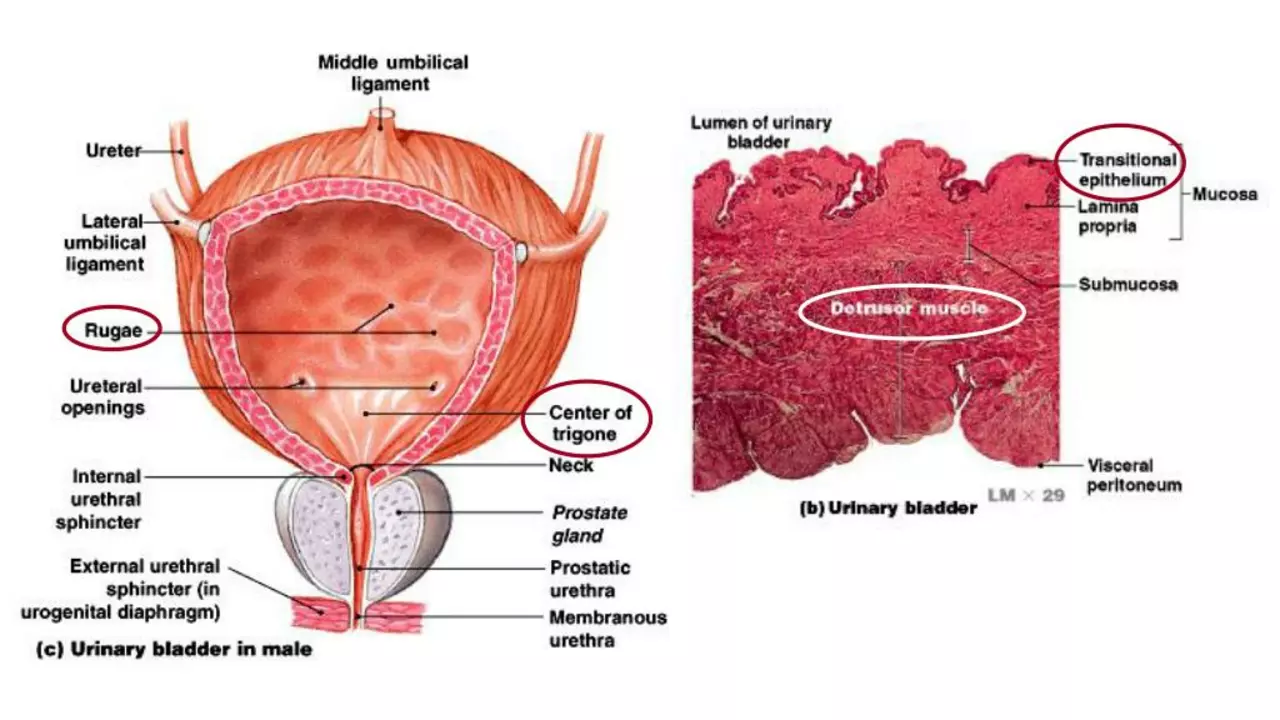Relationship and Intimacy When Health or Medication Gets in the Way
Health issues — from chronic pain to side effects of medications — change how partners connect. That shift doesn’t mean the relationship is doomed. It just means you need new tools. Here are clear, practical steps to keep closeness, trust, and a satisfying sex life even when one or both partners face medical challenges.
Why health changes relationship dynamics
Illness brings fatigue, mood shifts, body changes, and new routines. Medications can lower libido, cause weight gain, or affect energy. Pain can make touch feel risky. All this can create distance and confusion unless you talk about it.
Misreading symptoms is common: one partner may pull away to avoid causing pain, while the other may feel rejected. That’s normal, but avoid letting assumptions become permanent. Ask simple questions: How are you feeling today? What helps you feel safe and close?
Practical tips to keep intimacy and connection
Talk early and often. Honest, short conversations beat long, tense arguments. Use “I” statements: say what you feel and what you need. For example, “I miss holding you” or “I need shorter cuddles because my back hurts.”
Plan intimacy around energy and meds. If morning meds cause drowsiness, try evenings. If pain is lower after a walk or after a nap, use that window. Small, predictable plans reduce stress and increase frequency.
Redefine intimacy. Sex is just one way to be close. Hand-holding, massages, shared playlists, and short notes keep romance alive. Try 10 minutes of undistracted time daily to check in emotionally.
Be practical about sex. Use pillows, change positions, and try slower pace or shorter sessions. Lubricants, over-the-counter aids, or adjusting timing around medication peaks can make sex more comfortable.
Include your partner in medical chats. Invite them to doctor visits or share test results in plain language. Knowing what a medication does and why side effects happen reduces fear and blame.
Set caregiving boundaries. If one partner takes on most care, schedule breaks and rotate tasks. Care fatigue kills patience; rest and outside help preserve intimacy.
Talk about safe sex and testing when needed. STIs affect relationships and fertility; straight talk and testing show care and responsibility.
When emotions get heavy, ask for help. Couples therapy helps with communication tools. A sex therapist can offer practical exercises. A pharmacist or doctor can review meds if libido or mood changes are a problem.
Keep small rituals. A morning coffee together, a weekly walk, or a five-second kiss before leaving builds a steady connection that survives big health swings.
Health and meds change the map, but not the destination. With clear talk, small adjustments, and a willingness to try new ways of being close, relationships can stay strong and even grow through the challenge.

